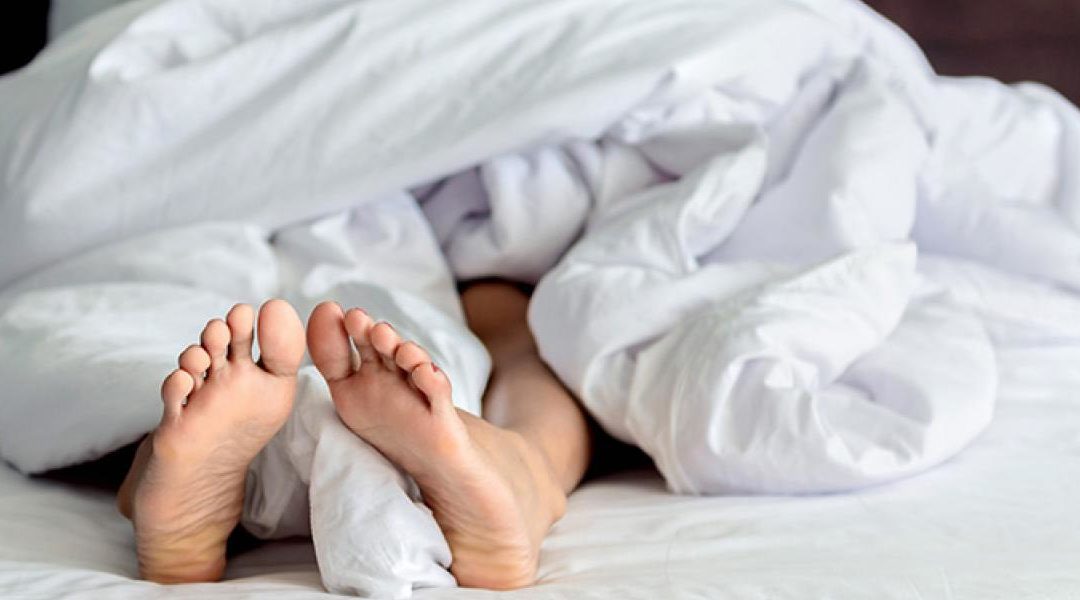Insomnia is difficulty getting to sleep or staying asleep for long enough to feel refreshed the next morning.
Causes of insomnia
Insomnia can be triggered by a number of possible factors, including worry and stress, underlying health conditions, and alcohol or drug use.
Sometimes it’s not possible to identify a clear cause but possible causes could be:
- stress and anxiety
- poor sleep routine
- uncomfortable sleeping environment
- drinking alcohol or caffeine
- traveling
- medication
- mental health issues
- being overweight or obese
- or other physical health issues.
What you can do about it
There are a number of things you can try to help yourself get a good night’s sleep if you have insomnia.
These include:
- setting regular times for going to bed and waking up
- relaxing before bedtime – try taking a warm bath or listening to calming music
- using thick curtains or blinds, an eye mask and earplugs to stop you being woken up by light and noise
- avoiding caffeine, nicotine, alcohol, heavy meals and exercise for a few hours before going to bed
- not watching TV or using phones, tablets or computers shortly before going to bed
- not napping during the day
- writing a list of your worries, and any ideas about how to solve them, before going to bed to help you forget about them until the morning
Some people find over-the-counter sleeping tablets helpful, but they don’t address the underlying problem and can have troublesome side effects.
If you have a busy mind or anxiety, you mind find talking therapy helpful or even cognitive behavioural therapy (CBT). Your doctor may be able to refer you for a type of CBT that’s specifically designed for people with insomnia.
The aim of CBT is to change unhelpful thoughts and behaviours that may be contributing to your insomnia. It’s an effective treatment for many people and can have long-lasting results.
Daytime habits
- Set a specific time for getting up each day – try to stick to this time, seven days a week, even if you feel you haven’t had enough sleep. This should help you sleep better at night.
- Don’t take a nap during the day.
- Take daily exercises, such as 30 minutes walking or cycling. But don’t exercise for at least four hours before going to bed, because this may make it more difficult to fall asleep.
Bedtime habits
- Stop drinking tea and coffee for a few hours before bedtime.
- Avoid drinking alcohol and smoking, particularly shortly before going to bed.
- Don’t eat a big meal just before bedtime.
- Only go to bed when you’re feeling tired. If necessary, go to bed later than usual if it means you might be able to fall asleep more quickly.
- Don’t use back-lit devices shortly before going to bed, including televisions, phones, tablets and computers.
- Try to create a relaxing bedtime routine, such as taking a bath, listening to soft music, and drinking a warm, milky drink every night. These activities will be associated with sleep and will cause drowsiness.
- Avoid regularly using over-the-counter sleeping tablets. It is not clear how effective these are, they don’t tackle the underlying problem, and have potential side effects. Read more about treatments for insomnia.
- Don’t lie in bed feeling anxious about lack of sleep. Instead, get up, go to another room for about 20 minutes and do something else, such as reading or listening to soft music, before trying again.
- Avoid watching the clock because it will only make you anxious about how long it’s taking you to fall asleep.
- Write a list of your worries and any ideas to solve them before going to bed. This may help you forget about them until the morning.
Bedroom environment
- Use thick blinds or curtains or wear an eye mask if the early morning sunlight or bright street lamps affect your sleep.
- Make sure your bedroom is at a comfortable temperature for sleeping.
- Wear ear plugs if noise is a problem.
- Don’t use your bedroom for anything other than sleeping or sex. Avoid watching television, making phone calls, eating or working while you’re in bed.
- Make sure your mattress is comfortable and that you have a pillow you like, as well as adequate bedding for the time of year.
via NHS


Recent Comments